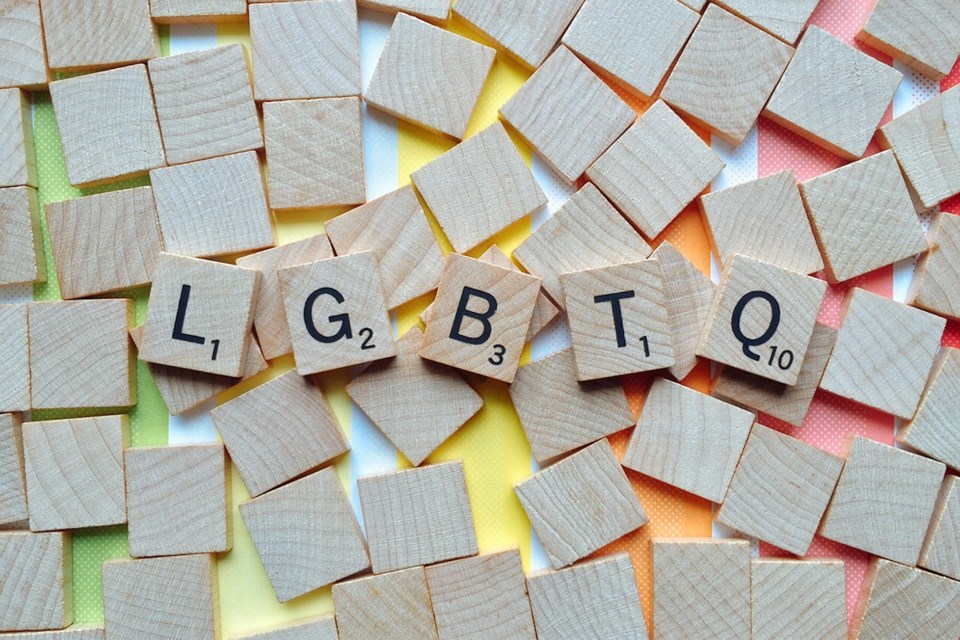This content was originally published by the Longmont Observer and is licensed under a Creative Commons license.
New opportunities for LGBTQ elders and those with volunteer motivation are on the horizon in Longmont as Rainbow Connections launches in September. The new program matches volunteers with LGBTQ elders, with an emphasis on social companionship for those who are immobile or less likely to attend public events.
Micheal Chifalo, LGBTQ program specialist with Boulder County Area Agency on Aging, is enthused about its launch and the positive impact it may have on older LGBTQ residents.
The path for program success is already laid out, as Rainbow Connections will use a vetting process already in place.
The process to volunteer includes applying, interviews, and a criminal background check. This type of vetting occurs on both sides of the matching. Beyond the expected background checks, matches are made with regards to hobbies and common interests.
"We didn't have to recreate the wheel," Chifalo refers to the Area Agency on Aging's umbrella program, Respite & Companion Volunteer Program (RCVP), which already matches volunteers with elders in the community. Rainbow Connections will specifically match LGBTQ residents with volunteers.
Rainbow Connections is yet another branch in a tree of support for LGBTQ people who seek friendship, help with small tasks or simple chats with caring volunteers. Appropriate activities include playing games, taking a walk, reading out loud, and discussing interests and hobbies. Dozens of suggestions will be available through the program's brochures and training.
"Volunteers get just as much if not more enjoyment out of the program than recipients," Chifalo says. Once approved as a service provider, volunteers are trained so they feel comfortable in their ability.
Chifalo provides volunteers many ideas for time spent with their match to help fill that void of loneliness or isolation. Trained volunteers may stop by to read, make a light snack, run errands, or otherwise sit and spend time with people who simply seek social a connection. Volunteers turn in monthly reports which touch on any observations or concerns. Communication is key in the program.
Chifalo realized there was a need for such a program after holding a needs assessment survey for over 1,100 of their newsletter subscribers. The subscribers are a diverse group of Longmont population, including medical professionals and people who are not yet retired. The results showed that there was an expressed need to reach LGBTQ elders who feel isolated due to mobility or societal reasons- such as family disenfranchisement or anxiety over making new friends.
There are other opportunities for LGBTQ elders to socialize. These include Supper Club, December Lavender Gala, and Coffee Clutch. While these opportunities are located throughout Boulder County it can be difficult for seniors to travel to the event locations.
This is where the Rainbow Connections program will bridge the gap between mobility and immobility.
Michael Chifalo is also the program specialist for Project Visibility, which offers "dynamic training directed at senior care providers" (either professional or family caregivers). It focuses on improving cultural responsiveness and sensitivity on the part of caretaking staff, agencies, and businesses. Project Visibility helps professionals develop more awareness of the needs of LGBTQ elders, and gives the caretakers tools to make an inclusive environment.
"What we hope that happens when people attend our training under Project Visibility is that they want training for the whole staff," Chifalo says. At a minimum, Chifalo wants volunteers to at least consider themselves allies to the LBGTQ community.


.jpg;w=120;h=80;mode=crop)
